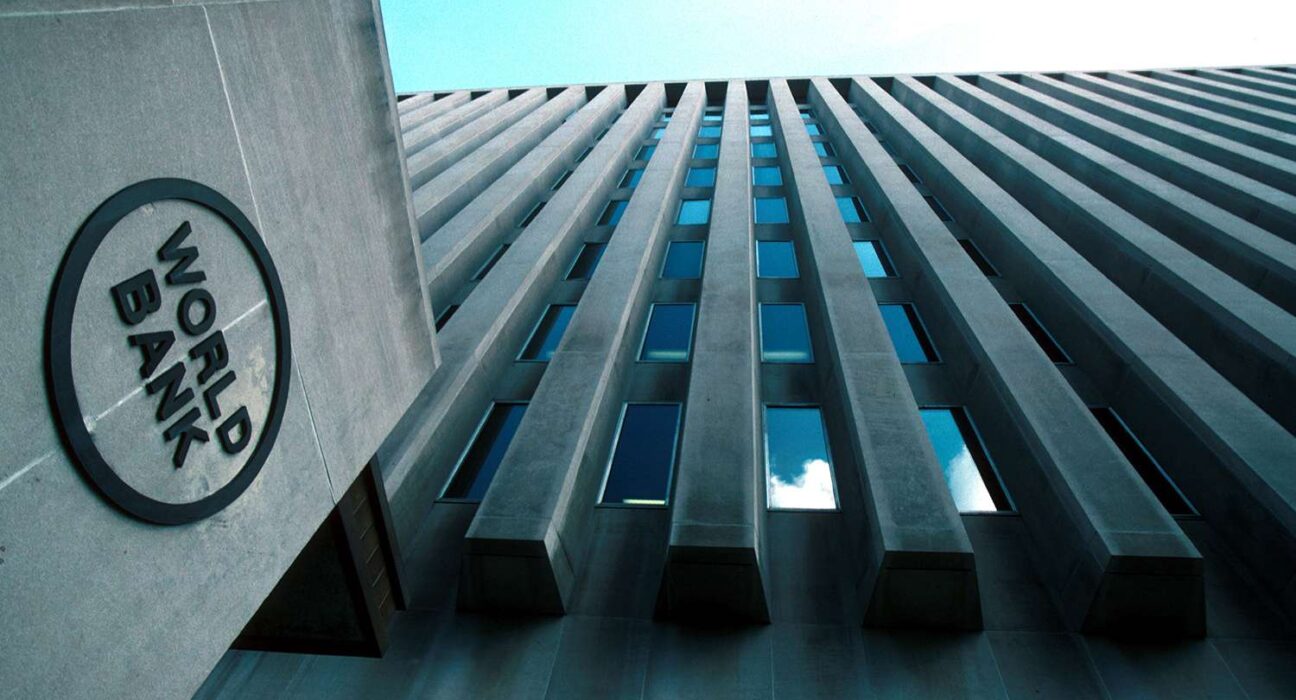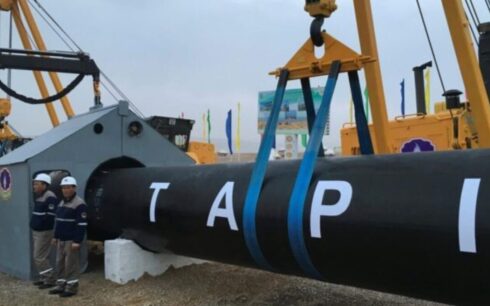The World Bank said in its latest report on Afghanistan’s economy that year-on-year inflation has for the past two months remained negative, and that the supply of foods has been sufficient but that demand is low.
“Over 50 percent of Afghan households struggle to maintain their livelihoods and consumption,” read the report released Monday.
The year-on-year headline inflation, which is now at negative 2.83 percent, has primarily been driven by a year-on-year decline of 5.85 percent in food inflation.
The report stated that while domestic inflation spiked in the first half of last year due to a global commodity price shock and supply disruption, international commodity prices have eased in the first half of this year and that a strong afghani (AFN) has helped to lower domestic prices, particularly for food and fuel.
In addition, the Taliban has “significantly reduced import tariffs on key food imports in March 2023, and favorable weather conditions have improved food production, contributing to this positive trend,” the report read.
However, preliminary results from the recently conducted 3rd round of the Afghanistan Welfare Monitoring Survey (AWMS) show that over half of families in Afghanistan continue to face significant challenges in maintaining their livelihoods and increasingly rely on international assistance and remittances to meet their needs.
Between the end of December 2022 and July 24, 2023, the AFN gained against major trading currencies. During this time frame, the AFN appreciated in value by 41.2 percent against the Iranian toman, 19.5 percent against the Pakistani rupee, 3.9 percent against the US dollar, 3.3 percent against the Chinese yuan, and 0.5 percent against the Indian rupee.
In addition, the AFN has benefited from tight currency export controls, restrained domestic money supply, significant personal remittances, and UN cash shipments of US dollars, the report read.
The World Bank stated that from January to July 2023, approximately $1.04 billion was brought into the country, in
addition to a cumulative total of $1.8 billion in 2022. However, the report found that the trade deficit from January to May 2023 has widened by a billion US dollars compared to the same period in 2022. The report noted that the strengthening of the AFN suggests that there may be other unidentified sources of financing besides US dollar cash shipments and personal remittances to support the current account deficit.
The World Bank also reports that there has been an improvement for companies to withdraw cash from banks and that companies had better access to their deposits during June. “While the exact reasons for this improvement are unclear due to a lack of data, there are anecdotes suggesting that an improved liquidity situation with commercial banks may have played a role,” the report read.
Public servants also nearly all received their salaries through bank accounts in June but 51 percent reported difficulties when trying to withdraw their payments.
Revenue collection meanwhile “remained healthy during the first four months of fiscal year 2023,” totaling AFN 63 billion, which is a 16 percent increase compared to the same period in the previous fiscal year. “The primary reason for this growth is border taxes such as Customs Duties and Business Receipt tax, which saw a 23 percent increase compared to the first four months of fiscal year
2022.”
Sixty percent of this came from the Afghanistan Customs Department (ACD), the report stated. In addition, inland revenue collection also improved, with a seven percent increase against last year. “This improvement is due to the contributions from mining royalties and passport fees,” read the report.
In response to the report, the Taliban said in a statement on Tuesday that it believes if the current restrictions on Afghanistan’s banking sector are lifted and the frozen assets are released, the economic situation will improve and “the burden on the international community will be lessened.”
The Taliban also called on all international aid agencies and organizations to finance development initiatives in Afghanistan that will lower unemployment and improve the country’s economic status. “In a similar vein, the Islamic Emirate (Taliban) calls on the World Bank to complete the projects funded by this organization but were put on hold after the re-establishment of the Islamic Emirate, in addition to providing such factual information about Afghanistan.”





